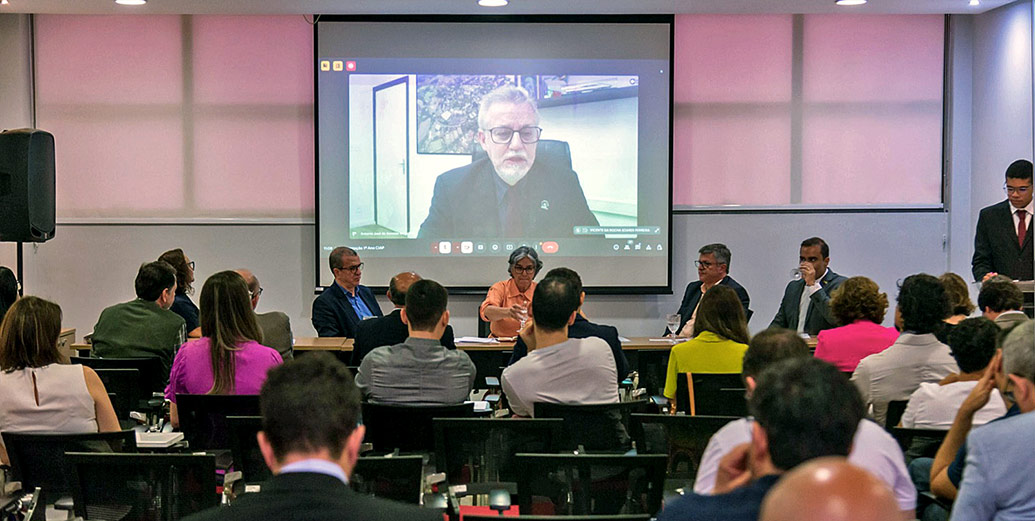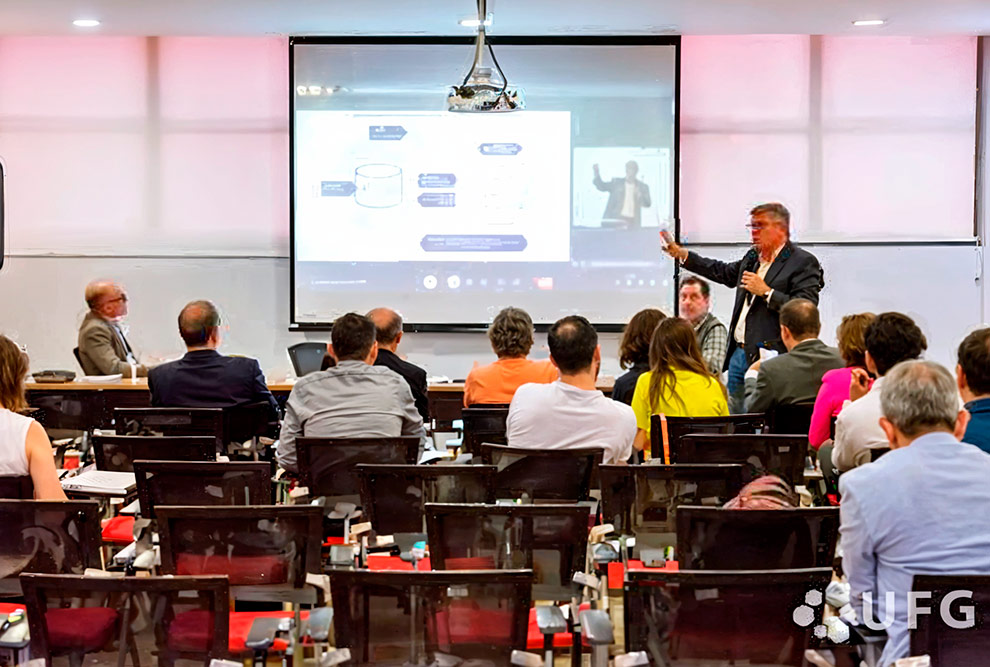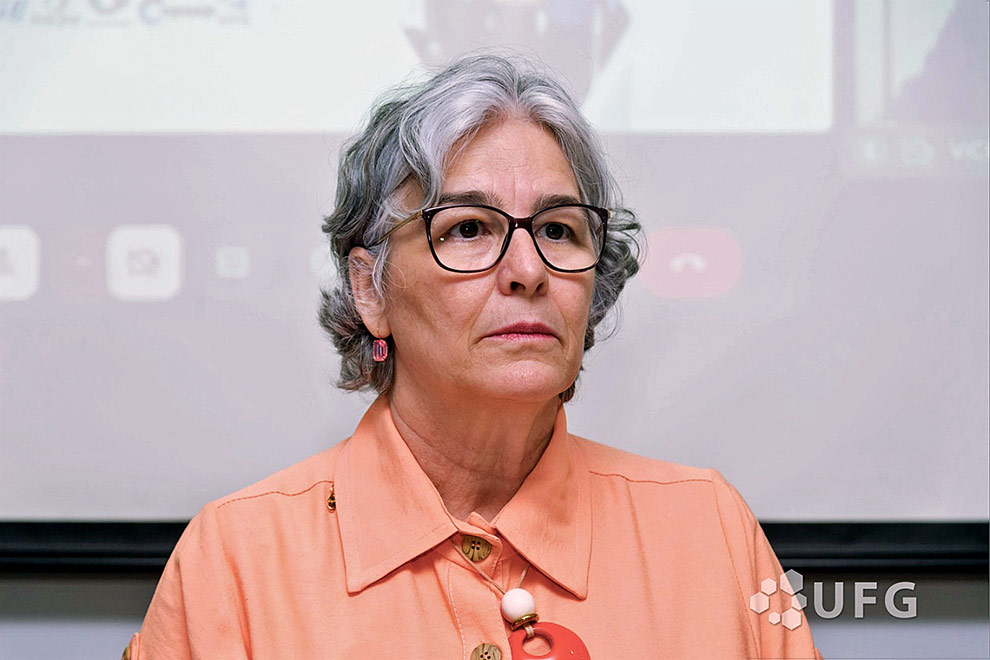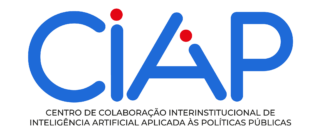Center for artificial intelligence applied to public policies completes 1 year, with innovations
Ciap was created from an agreement between Unicamp, IBGE and the Federal University of Goiás
Publicado em: Unicamp
Autoria: Tote Nunes┃Fotos: Antoninho Perri┃Edição de imagem: Alex Calixto

Unicamp rector Antonio José de Almeida Meirelles participated online this Monday (18) in the celebrations for the first anniversary of the Interinstitutional Collaboration Center for Artificial Intelligence Applied to Public Policies (Ciap).
The center, created through an agreement between Unicamp, the Brazilian Institute of Geography and Statistics (IBGE) and the Federal University of Goiás (UFG), uses artificial intelligence to collect, evaluate, integrate and formulate public policies based on the extensive knowledge accumulated by public science and technology institutions in Brazil. Ciap is entering its first year of existence with two innovations.
One of Ciap’s tools is ChatPP, created to support research in the field of public policies. The center also offers GeraPP, which aims to produce and maintain texts and materials on public policies in a specific repository, fed by a network of universities and research institutions spread throughout the country.
Another available mechanism, QualificaPP, aims to provide professional qualifications for members of municipal and state administrations and social participation councils, offering access to information to be used in public debate and in the formulation and management of programs throughout the national territory.
These three programs have now been joined by AcervoPP, a curated repository on public management, and the network expansion program (Riapp).

The new system was presented on Monday by professors Paulo Jannuzzi, from the National School of Statistical Sciences of IBGE and director of the center, Vicente Rocha, member of the Planning Secretariat and coordinator of the Center for Applied Studies and Research in the Public Sector of UFG, and Marcelo Proni, associate coordinator of the Center for Public Policy Studies (Nepp) of Unicamp.
“Artificial intelligence (AI) tools promise to revolutionize economic activity,” said Meirelles, who participated remotely in the ceremony.
“The challenge for public managers is to make this process a source of social benefits for our population. This is Ciap’s concern,” added the rector. “The center will not only be able to train people but also provide municipal and state managers with the basis for developing public policies that allow for inclusive, equitable and environmentally sustainable economic development.”
Public policies
During the opening of the event, UFG’s rector, Angelita Pereira de Lima, emphasized that the center’s actions must reach “the end,” to those implementing public policies and to citizens. “Good practices must come out of isolation, from government action. These practices must become public policy. This is essential for us.”

UFG Vice-Rector Jesiel Carvalho noted that Brazil faces many challenges from an economic, social and political perspective, and that the university, among other functions, must help the country in this regard. “It is up to us to use the state-of-the-art technologies available and, from them, find solutions. Ciap is a clear example of this.”
According to Jannuzzi, this is a “very important partnership from the point of view of knowledge production and from an institutional point of view”.
